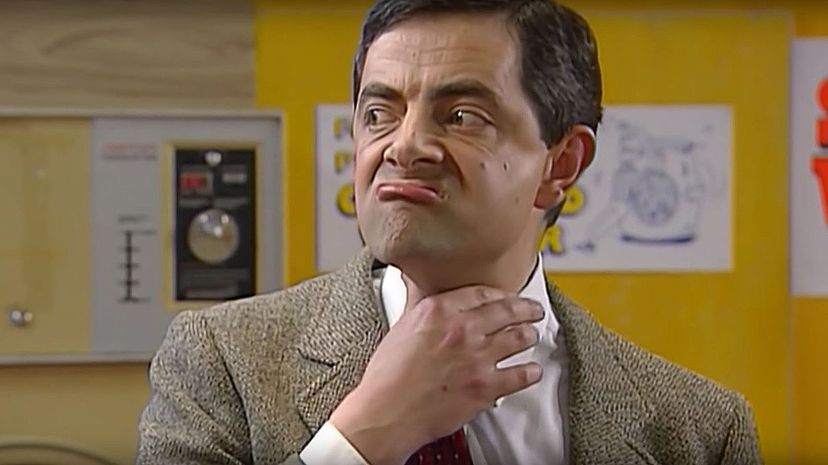
About This Quiz
British television, like the national output of any nation, is certainly not without its embarrassments, from shows that should simply have never been commissioned in the first place to shows that are inexplicably popular to shows that seemed very good at the time but became tasteless in just a couple of years. However, it has also never been without its highlights, whether created by the publicly-funded BBC or by rival channels ITV and Channel Four. Indeed, such was the quality of some of the better output from these networks that the arrival of cable was widely regarded as not initially having an enormous impact on the quantity of TV that the average person might like to watch.
Of course, the '80s and '90s TV had the advantage of a perfect storm: every household had a colour TV (and often more than one), but there was not yet any competition from the internet. That gave the four main channels captive audiences, meaning that they could easily expect their viewers to constitute a significant percentage of the population while enjoying a monocultural stranglehold on Monday morning water cooler conversation. This social pressure to be up to date with popular shows meant that if you lived through this time, you simply HAD to know them ... and that means you still remember them. Or does it? It's time to find out!
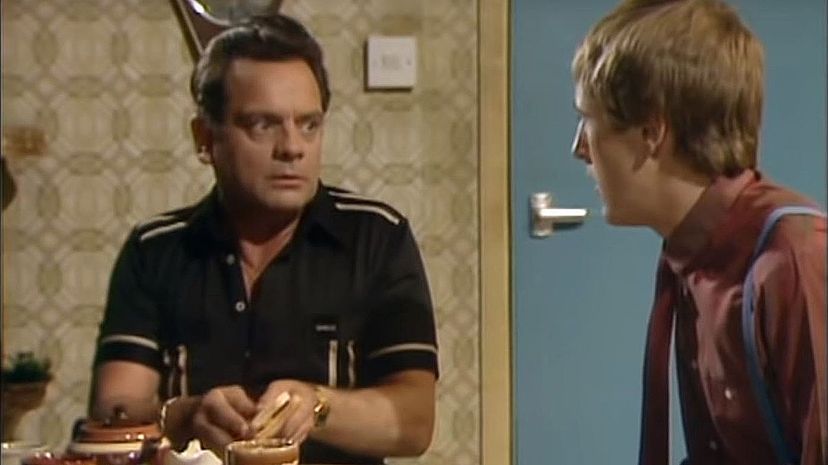
This hit sitcom introduced Britain to the Trotter brothers, a pair of ne'er do wells who were determined to get rich quick. The Trotters lived in one of the most depressing residences ever depicted on screen. The genius of the show was that despite their laziness and criminality, their kind hearts and the incredible talents of the actors and writers meant you really did root for them to come out on top.
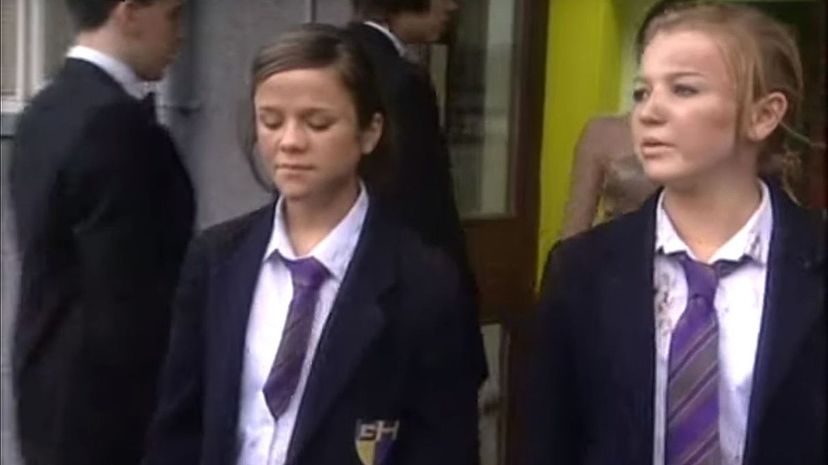
This soapy teen show featured the pupils of the Grange Hill Comprehensive School, and due to its incredible multi-decade run, it had to accommodate rotating casts over the course of many years. The show tackled serious issues such as bullying, assault and death, which made it a regular target of adults who felt that it was too advanced for its target audience.
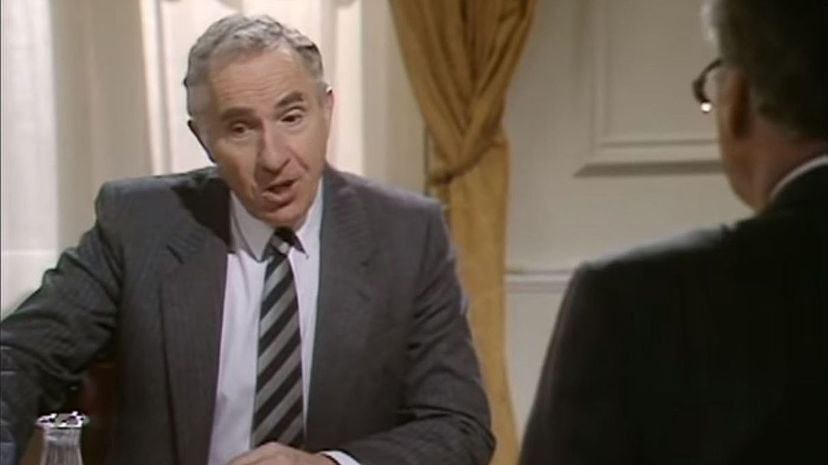
"Yes, Minister" is about 40 years old now, but is still regarded by a great many comedy creators as the big daddy of political comedy. A direct creative line can be traced from this tale of an obstructive civil servant, Sir Humphrey Appleby, and well-intentioned but ratings-obsessed Minister Jim Hacker, to modern comedies like "Veep."
Advertisement
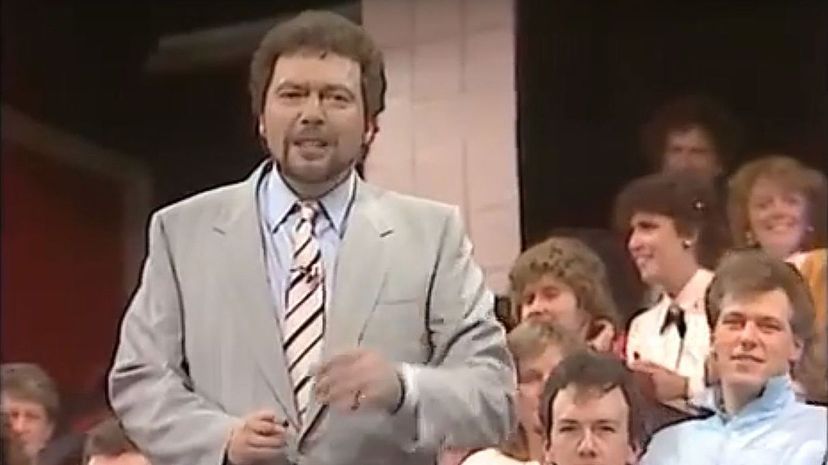
"Beadle's About" was a prank show in which people would nominate a family member to be on the receiving end of a substantial prank by Jeremy Beadle, who would make sure the target came home to believe that their kitchen had exploded, their car (containing all their business stock) had slid into a river, or their house was earmarked for demolition so a new road could be built. This was considered awfully funny, and they were expected to take it in good humour, even though often it was really quite cruel!
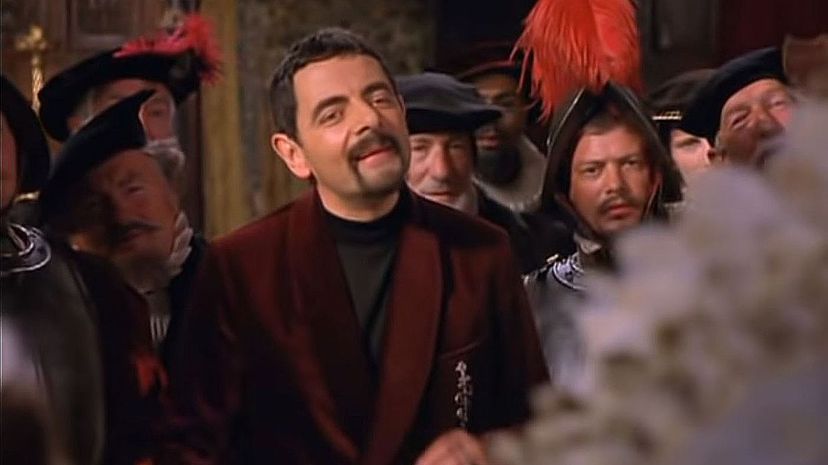
Rowan Atkinson remains at the height of his comedic powers these days, and it's hard to imagine anyone in the world not recognising him. However, "Blackadder" was the show that really put him on the map. Beforehand, he was just one incredibly funny comedian in a successful troupe. This show launched him to the level of a household name.
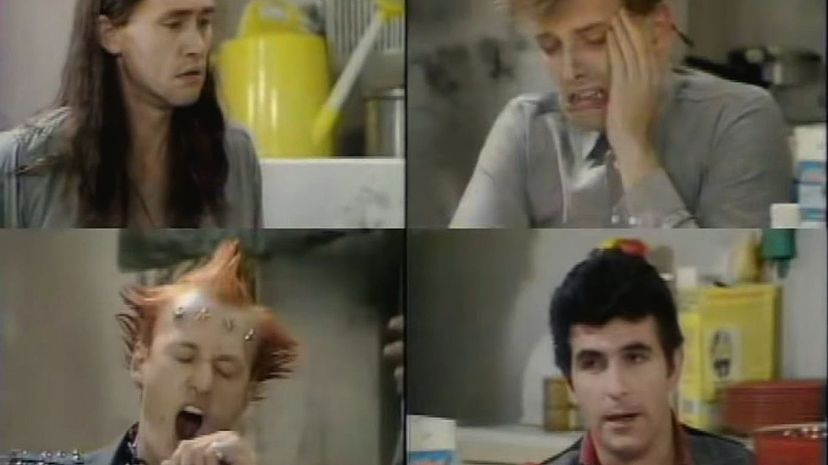
This sitcom features several staples of the British comedy scene, including Ben Elton and Rik Mayall. It was about the lives of four students, and had a strong surreal streak.
Advertisement
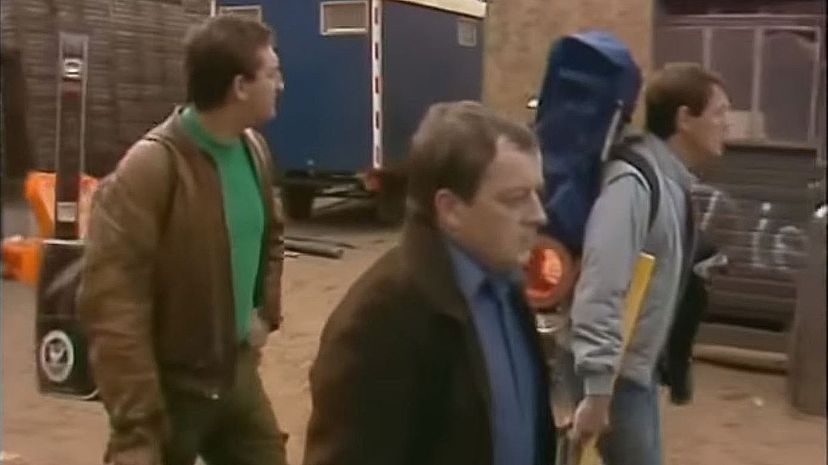
This show tackled a problem that has become much more widespread since its debut, being about workers who head overseas as there are no jobs in their hometown. Seven men head to Dusseldorf, and the show focuses on the trials and tribulations of making it as an expat.
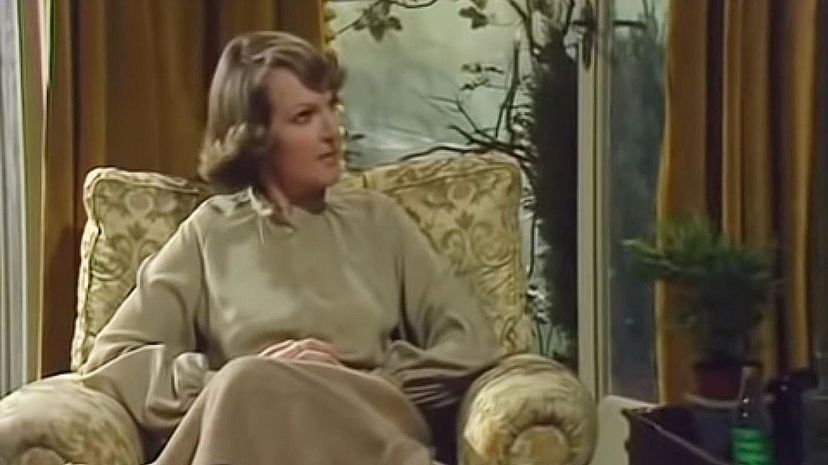
"To the Manor Born" is one of the most-watched British shows of all time. Its protagonist laments losing her stately home to a nouveau riche businessman and tortures herself by moving into a gate lodge where she can still watch the estate. Almost half the British population watched the series finale live.
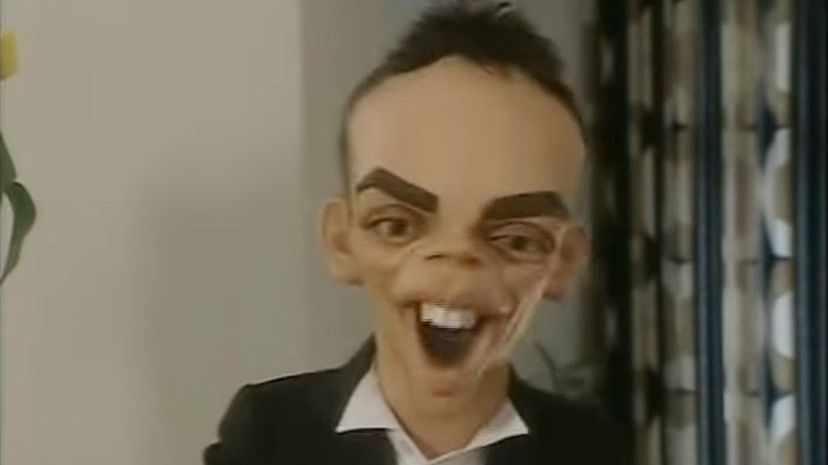
This rather cruel but very funny satirical sketch show made fun of British politicians and celebrities of the '80s and '90s. Its cartoonish puppets would lampoon the most extreme characteristics of public figures. For example, famously boring Prime Minister John Major was represented by a puppet that got greyer and greyer until eventually, it turned blue.
Advertisement
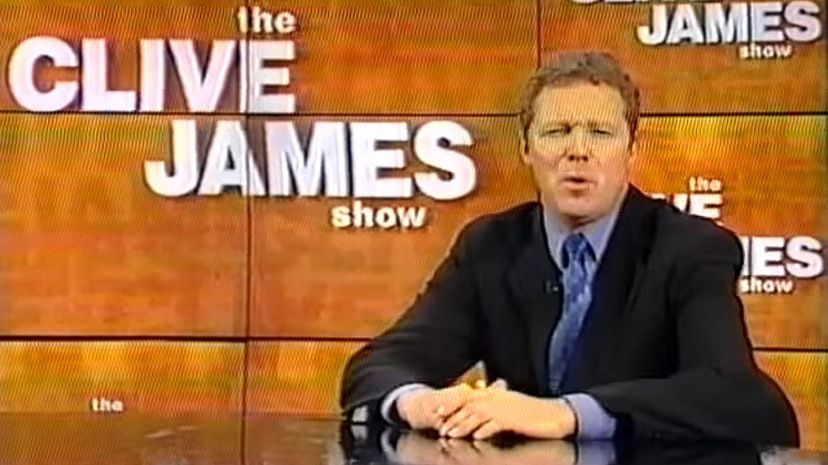
Impressionist Rory Bremner was so talented that he managed to fool Gordon Brown into shaking his hand while he was made up as Tony Blair. His heyday in the '90s was a triumph of impressions, sketches and biting satire.
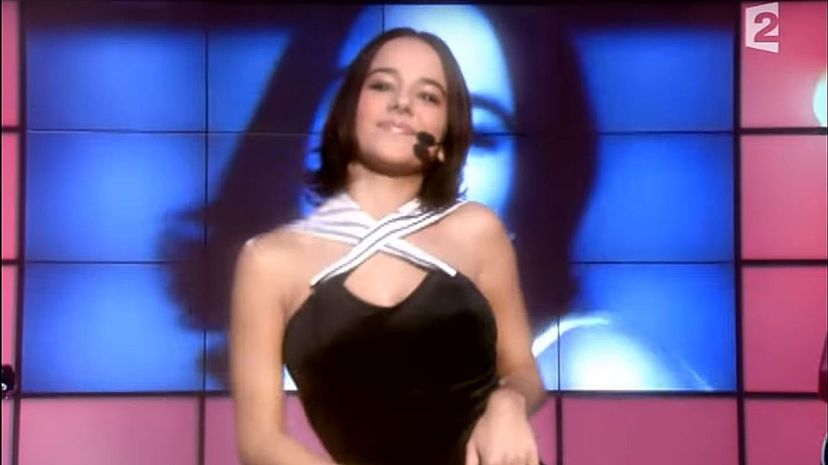
Before there was MTV, there was "Top of the Pops." This weekly show would do a countdown of the top songs in the charts, and very often had the number one single played live. It was a must-watch for teenagers of the period.
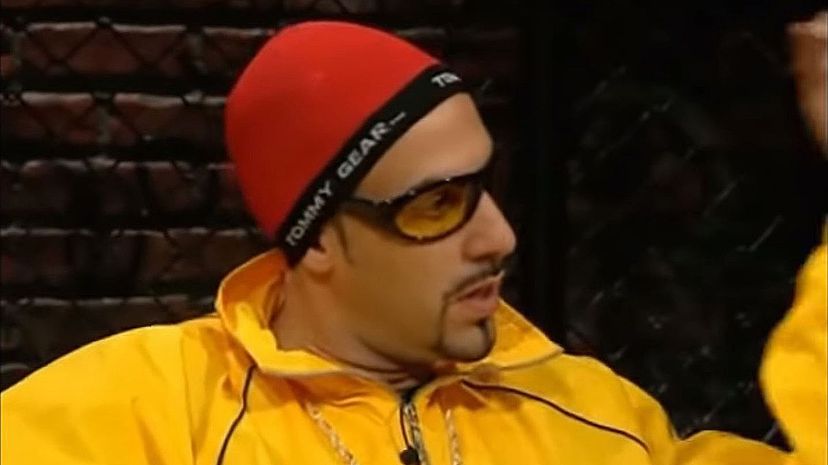
Sacha Baron Cohen's various comic creations are household names in America now, including Borat and Bruno. However, it all began with Ali G, a figure which debuted on "The 11 O'Clock Show," then had his own spin-off.
Advertisement
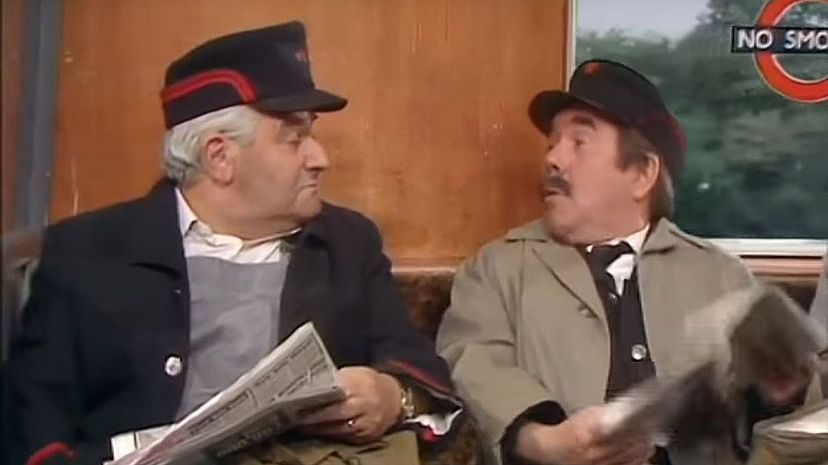
"The Two Ronnies" offered class satire, songs and sketches, and were very rarely mean-spirited. Stars Ronnie Barker and Ronnie Corbett played on their physical differences, as Barker was a large and chunky type, while Corbett was famously tiny.
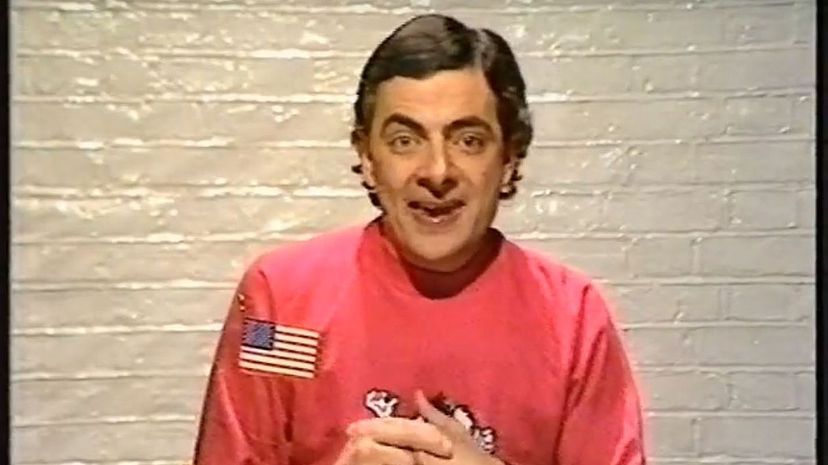
Rowan Atkinson first came to fame in this sketch comedy show that offered a mix of very silly political satire and very silly straight-up silliness. They introduced Atkinson as Graham the Gorilla, whose claim that the collective noun for gorillas is a "whoop" was so popular that actual scientists now use it, and it is in the dictionary!
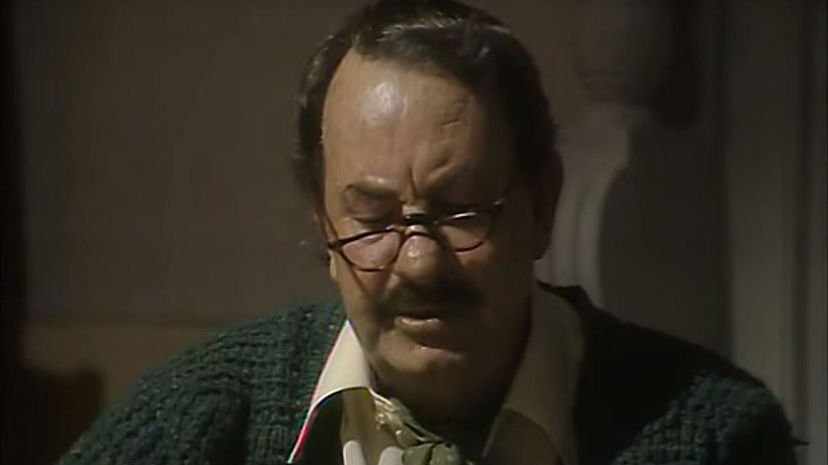
"Rumpole of the Bailey" is all about a defence barrister who can get almost anyone off. It was created by a real-life barrister and thus had a realism to it, as well as a droll sense of humour that fans enjoyed. Even when Rumpole was prevailed upon to prosecute, he was such a believer in the underdog that he got the defendant off.
Advertisement
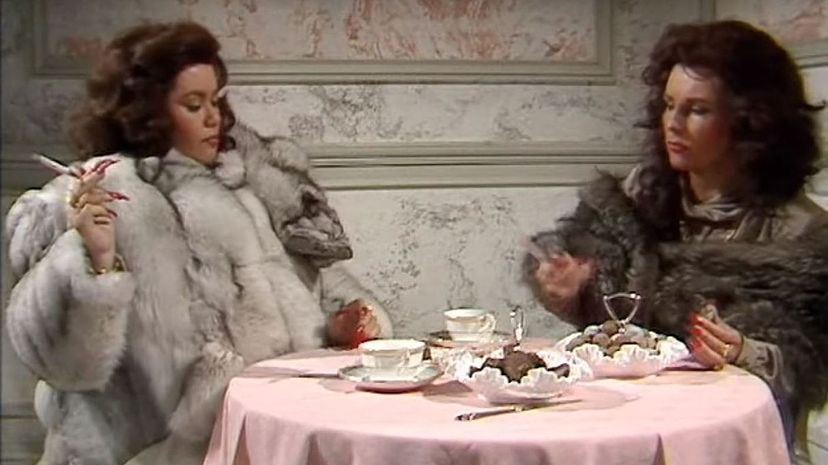
Dawn French and Jennifer Saunders were one of the UK's first major female comedy duos and blazed a trail for many women who came after them. Their very different physicality lent itself to all sorts of hilarious sketches, and their willingness to make absolute fools of themselves meant you could never be sure what to expect.
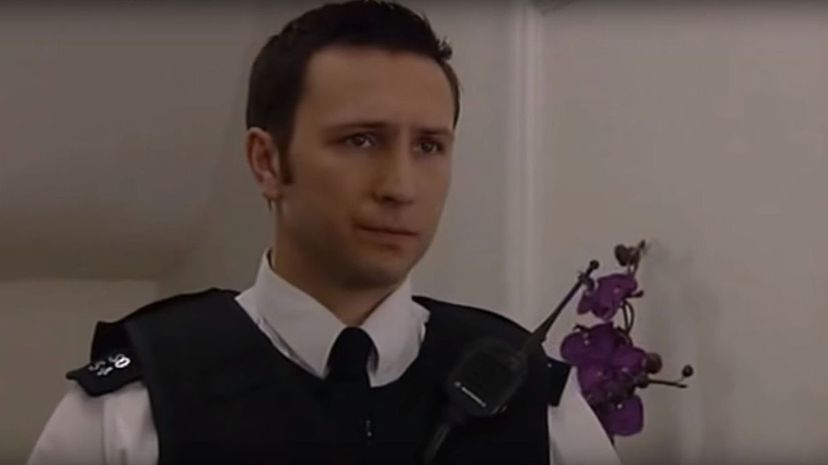
If you liked police dramas but couldn't wait for shorter series to come back, you could always count on "The Bill." This regular soapy show came out of an ITV drama called "Woodentop," then ran for decades until its eventual end in 2010.
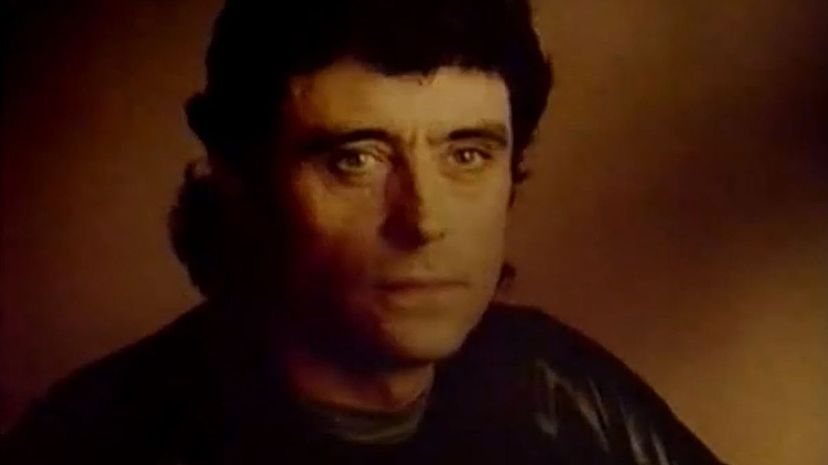
"Lovejoy" was based on a series of novels about a conman and trickster who uses his wiles to help unlucky souls get the better of those who took advantage of them. It ran for six seasons, finishing in 1994, and remains popular with a loyal core of fans.
Advertisement
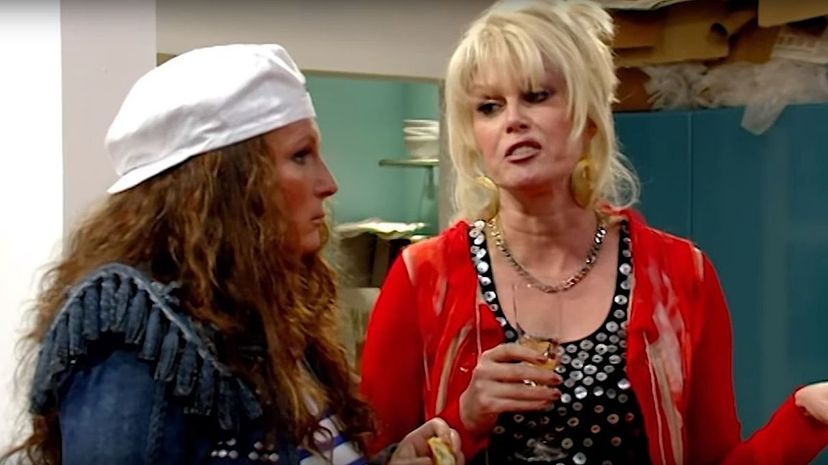
The absolutely fabulous and splendid Jennifer Saunders returns in this comedy, where she teamed up with fellow household name Joanna Lumley. "Ab Fab" was such a hit that even people who have never seen an episode have a baseline familiarity with it. The words, "Darling, sweetie darling" echoed almost continuously throughout '90s Britain.
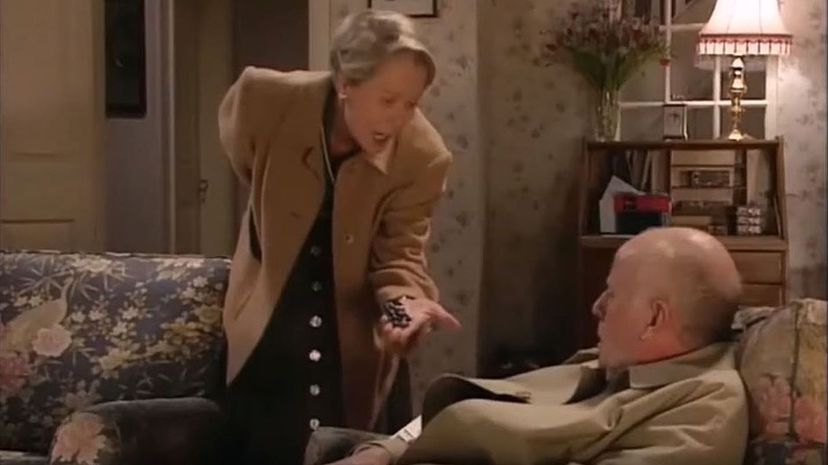
Victor Meldrew and his long-suffering wife Margaret have very different views on the joys of retirement, and their attitude to life itself could not be more disparate. However, they love one another, and that love underscores the shenanigans of "One Foot in the Grave" and makes it more than just a show about a grumpy man and the woman who is stuck with him, elevating it to a hilarious and quite charming sitcom about one's golden years.
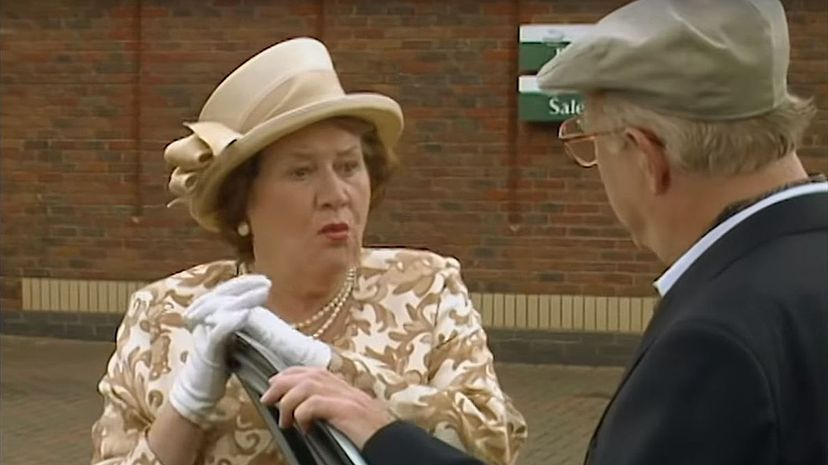
"Keeping Up Appearances" is one of the most-sold shows in television history, with good reason. Everyone has met a woman like Hyacinth Bucket (pronounced "bouquet," of course, as it is French). This meddling middle-class snob is a staple feature of just about every society on Earth, and the success of the show proves that we all need a chance to giggle about it.
Advertisement
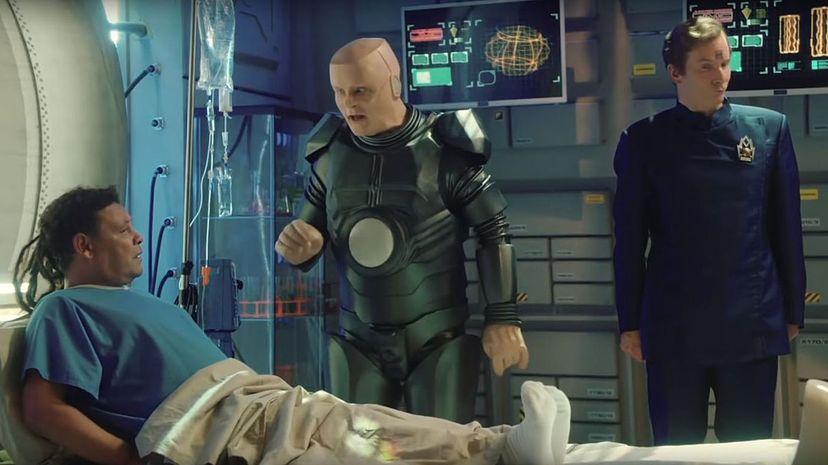
Rob Grant and Doug Naylor are the creators of this show about David Lister, the last human being in the world. Lister was in a punishment stasis booth when a radiation leak killed everyone else on the mining ship Red Dwarf. When radiation levels are finally safe, it's three million years later, and Lister hasn't aged a day. This show was not just hilarious and nerdy as heck, but it was also notable for having two black leads out of the four core cast without ever commenting on it, at a time that British TV had not really begun to think seriously about diversity.
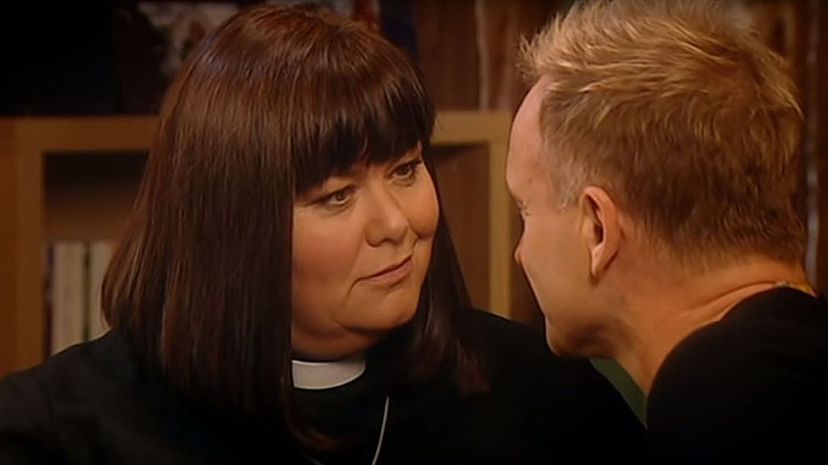
Comedy duo Dawn French and Jennifer Saunders are clearly great friends, and part of that friendship meant the ability to do other projects without one another, without speculation from industry or trade magazines about what it meant. Thus, French was able to star in "The Vicar of Dibley," a show about a traditional village dealing with its first female vicar. It was one of those funny and sweet shows that hides its incredibly progressive message about the roles of women behind a thick veneer of comedy, so you don't even realize how progressive it is while you're watching it.
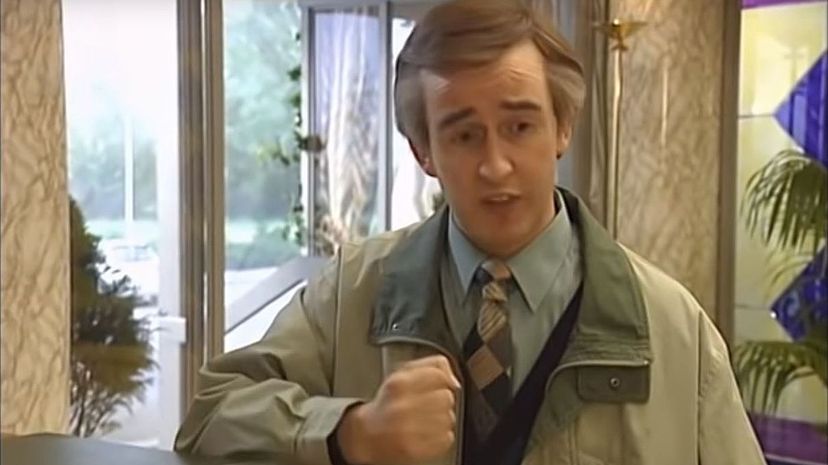
Comedian Steve Coogan created the loathsome egoistic radio personality Alan Partridge as an alter ego, and this show follows Alan's tragic life as a presenter on radio Norwich. Its success is in depicting an utterly unlikeable figure who you really don't want to see succeed, but still being funny enough to make you want to stick around and watch him fail.
Advertisement
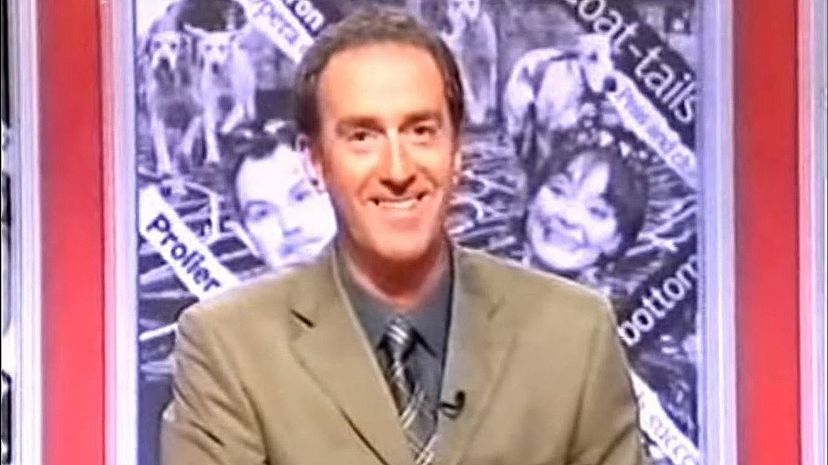
"Have I Got News For You" is still on the air today, and remains one of the most popular political shows on TV. In the '90s, it was hosted by the acid-tongued Angus Deayton, whose downfall due to scandal was still in the future. However, the show survived the loss of Deayton thanks to the chemistry of stars Ian Hislop and Paul Merton, whose contrasting styles keep this satirical take on the news fresh every week.
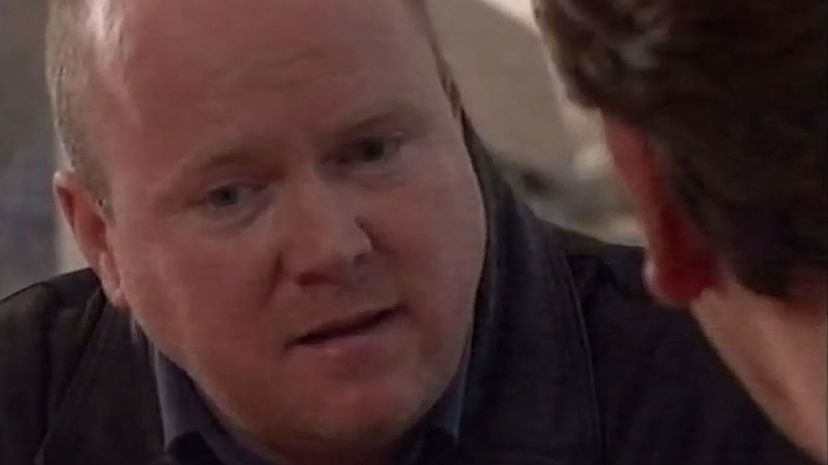
"Eastenders" comes and goes as a staple of water-cooler conversation, riding particularly high in the '90s when everyone was hooked on mysteries such as who shot Grant Mitchell. It was basically compulsory to watch, or at least be able to converse about the residents of Albert Square, from their many trials and tribulations to their bizarrely high murder rate for an ordinary residential street.
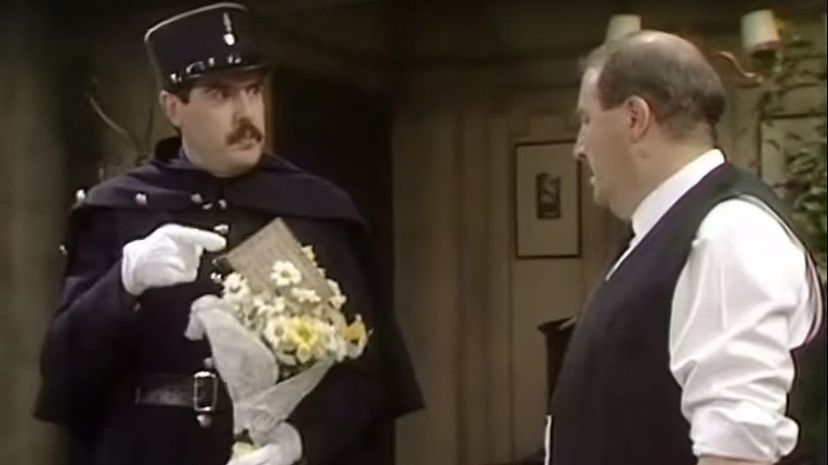
The French Resistance had never been more amusing than when it was depicted in this hilarious sitcom about a cafe owner and his wife as they try to survive under Nazi Germany while keeping their spirits up. It ran for nine seasons, and while it did lean heavily on French stereotypes, it did also depict the French as brave under occupation.
Advertisement
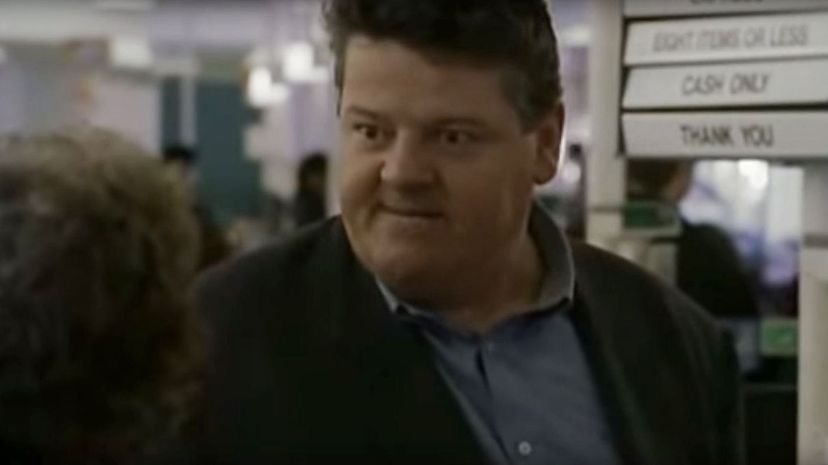
Antihero Dr. Edward "Fitz" Fitzgerald is the protagonist of this TV show about a criminal psychologist whose many vices do not prevent him from solving seemingly intractable cases. Robbie Coltrane starred in this show, and until he played Hagrid in the Harry Potter movies, it was probably his best-known role.
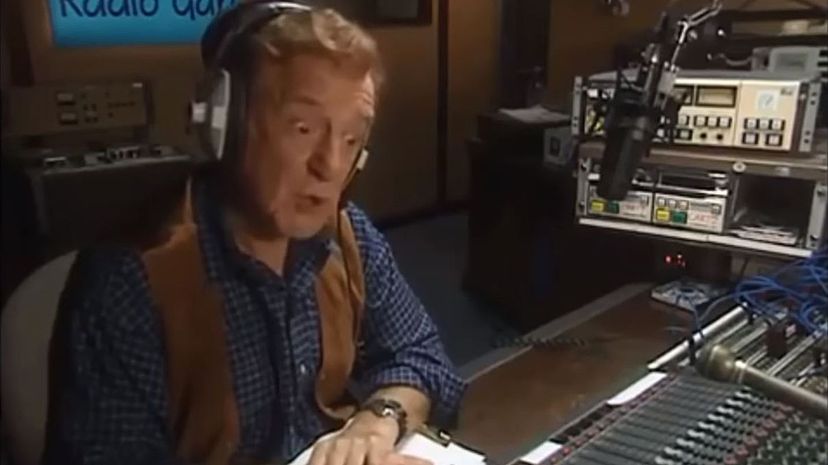
The studio of fictional Globelink News was the setting for this hit show about the ups and downs of reporting political news after being purchased by an oligarch whose henchmen want to avoid stories that he might not like. Is the news all about ratings, or about telling the truth? The show never answered the question definitively, but it had a lot of fun on the way.
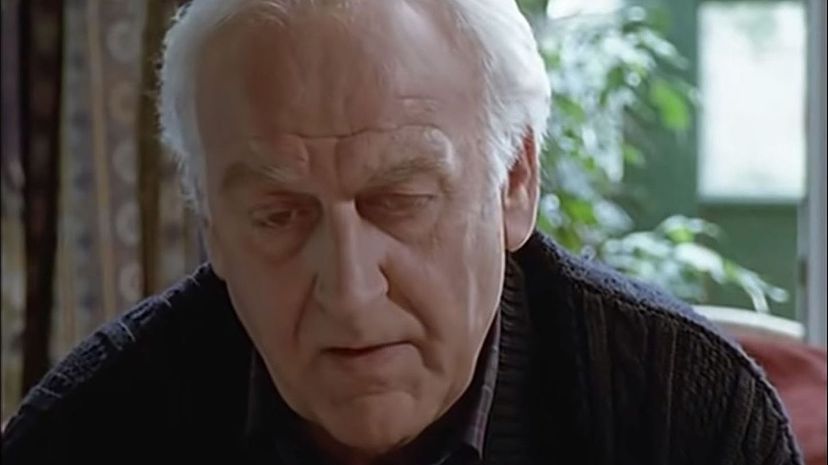
This show ran for 13 years from 1987 to 2000, starring John Thaw as the eponymous Inspector Morse. Its setting in the relatively low-crime town of Oxford did not prevent it featuring all sorts of criminal shenanigans, and its feature-length episodes gave it a chance to lead the viewer down all sorts of dead ends and past a great many red herrings.
Advertisement
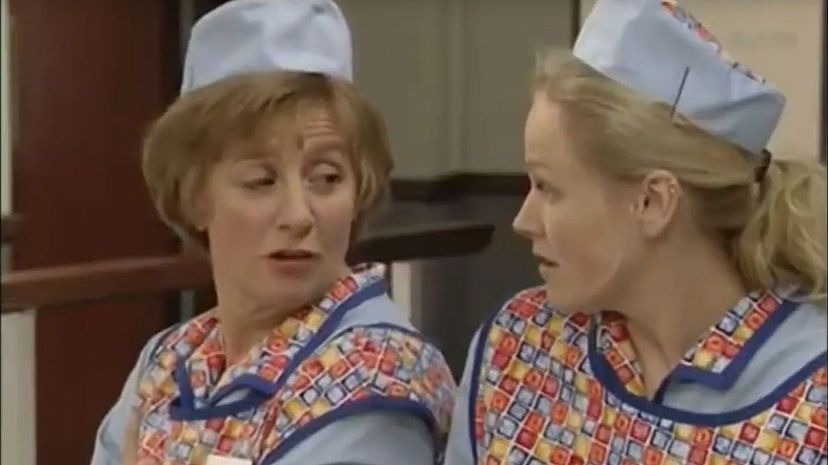
Comedian Victoria Wood was the creator of this show about the canteen workers at HWD Components. It only ran for a total of two series, comprising just 16 episodes in all, but it remains beloved. It dealt with difficult subjects like chemotherapy with humour and heart, earning a great many awards for such a short-lived show.
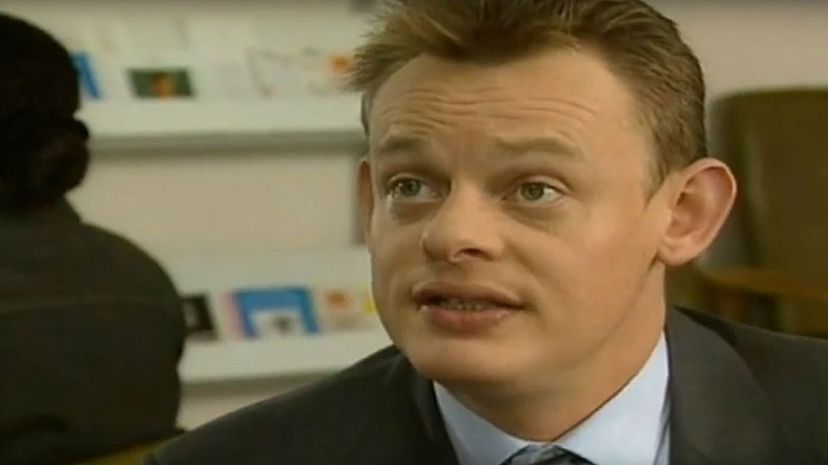
Martin Clunes was ubiquitous on British TV, and nowhere more so than on his sitcom "Men Behaving Badly." This show was emblematic of the then-prominent "lad" culture, that leaned heavily on stereotypes about immature men who don't pull their weight and remain emotionally stunted and shrewish women who fall for them anyway. The show was beloved at the time, but even its diehard fans tend to note that it has not aged well.
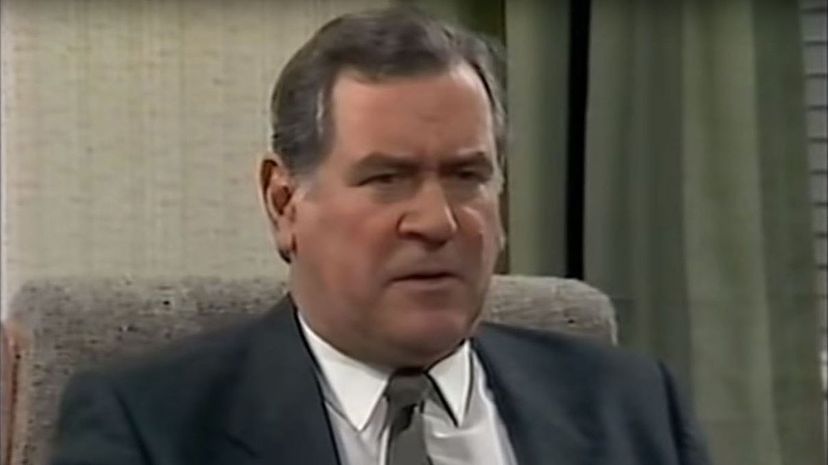
The heroic detective Reg Wexford was the hero of six seasons of this show, which drew on the novels of mystery writer Ruth Rendell. Once they ran out of stories about Wexford, the makers of the show pivoted to other Rendell tales, with considerable success.
Advertisement
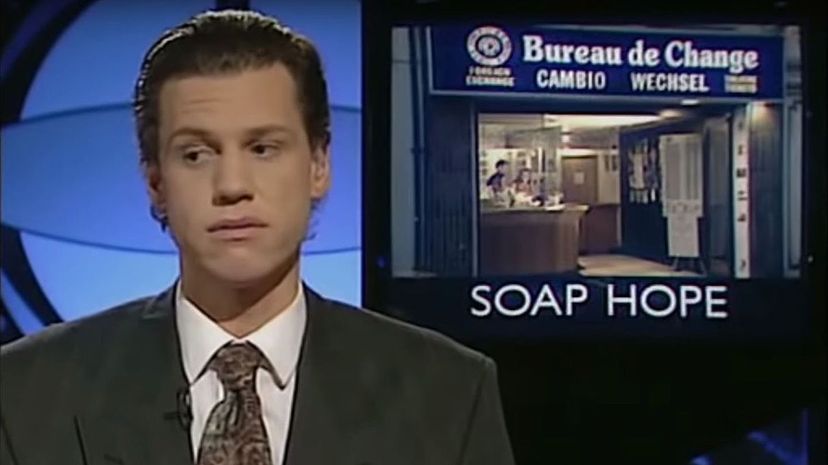
If you've ever seen a current affairs program on British TV, you were sure to appreciate the absolute silliness that was "The Day Today." It didn't last as long as it deserved, but it was created by "The Thick of It" and "Veep" mastermind Armando Iannucci, so it holds a special place in TV history as a step on the road to some of the most successful and highly-decorated comedies of all time.
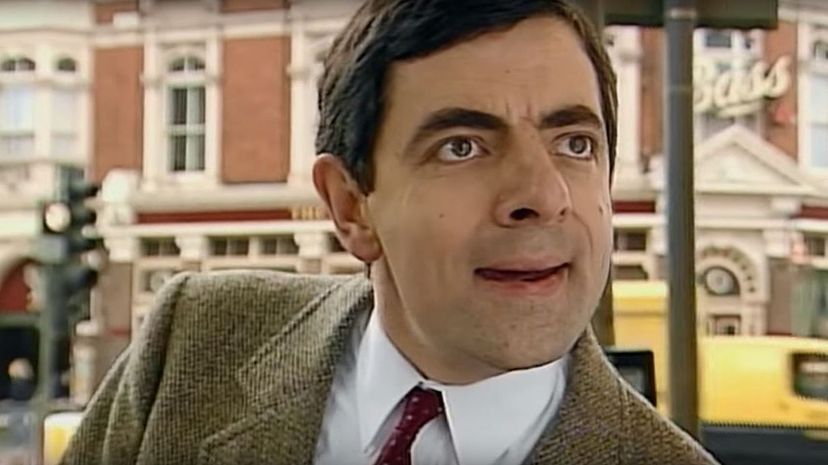
Everyone has heard of Mr. Bean, the childish, almost-mute incarnation of Rowan Atkinson that has transcended international boundaries and proven that physical comedy and social awkwardness know no borders. Bean's lack of language meant that it was able to travel in ways comedy rarely can, but it all began as a humble 15-episode series from Richard Curtis and Ben Elton, back in 1990.
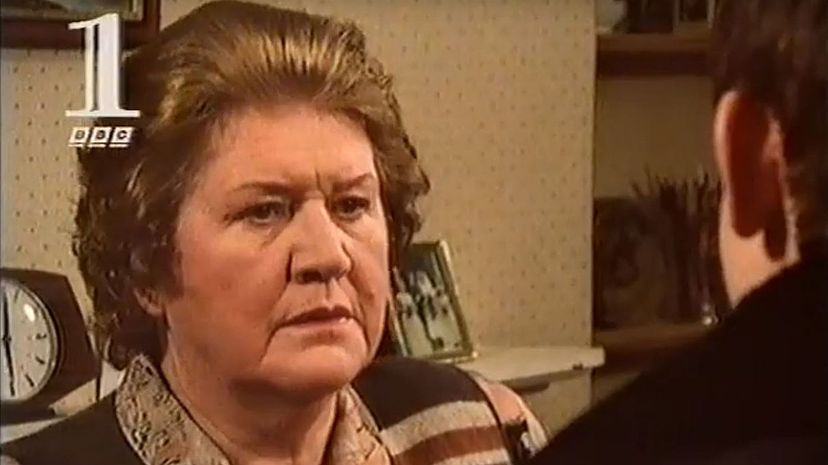
Patricia Routledge may have been hilarious as Hyacinth Bucket, but she was deadly serious as Hetty Wainthropp, a housewife turned detective who uses common sense to tackle crimes that bamboozle the professionals. It was based on a book called "Missing Persons," whose author David Cook wrote about his real-life mother's experiences solving crimes!
Advertisement
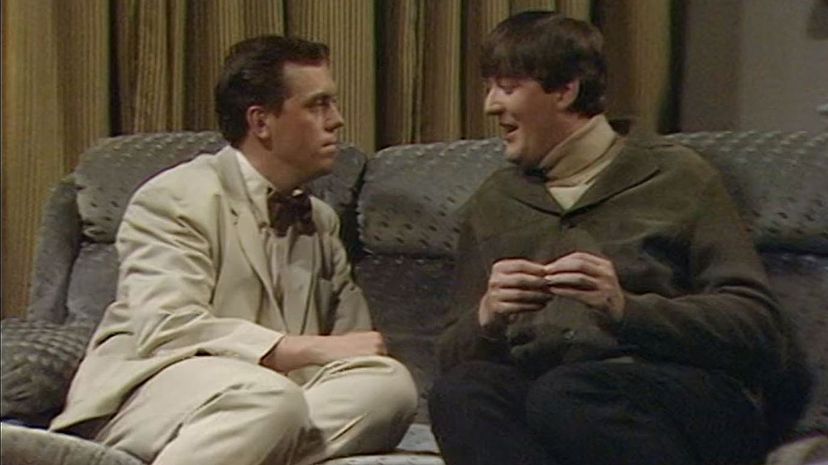
Many Americans know Hugh Laurie best from his role as the brilliant but grumpy surgeon in "House," to the point that people in the US believed he was putting on his native British accent when he was interviewed! Anyone who knows him from his extremely silly sketch show "A Bit of Fry and Laurie" knows that the posh British duffer is where Laurie's heart truly belongs. As for comedy partner Stephen Fry, he is now a national institution.
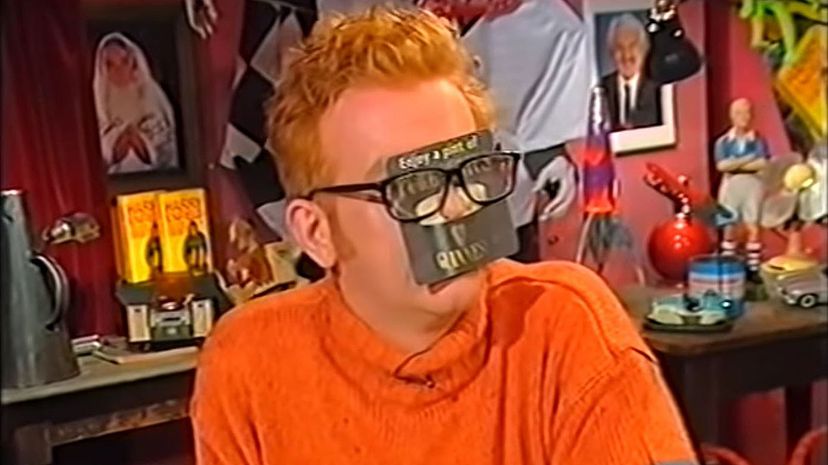
The F in "TFI" stands for something a little too naughty to print here and warned the viewer what to expect from this irreverent Friday night talk show from DJ Chris Evans. A combination of interviews and musical acts, "TFI Friday" was aimed at a younger set and sometimes featured language and conversation that were designed to show. It ran for six seasons, and the final one used guest presenters, including the Spice Girls.
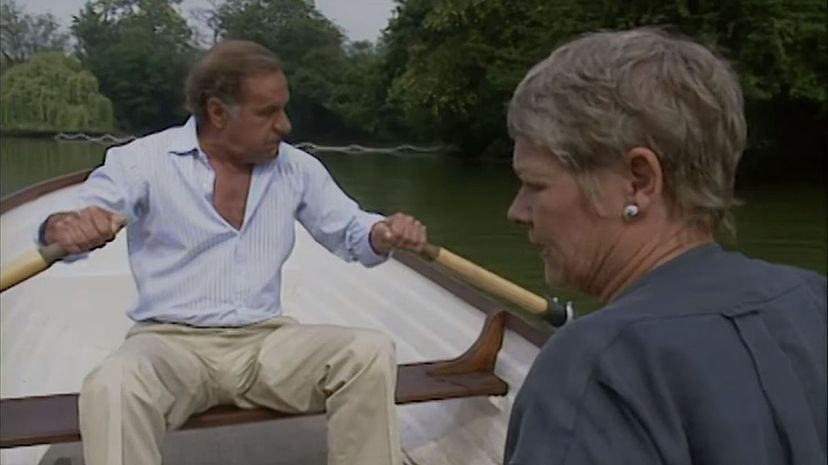
Former flames played by Judi Dench and Geoffrey Palmer reconnect after nearly 40 years apart in this charming show about finding your soulmate later in life. The two leads fell in love during World War Two but lost contact, and the show uses comedy to explore the problems and delights of later-stage true love. It ran for nine seasons and remains widely loved.
Advertisement
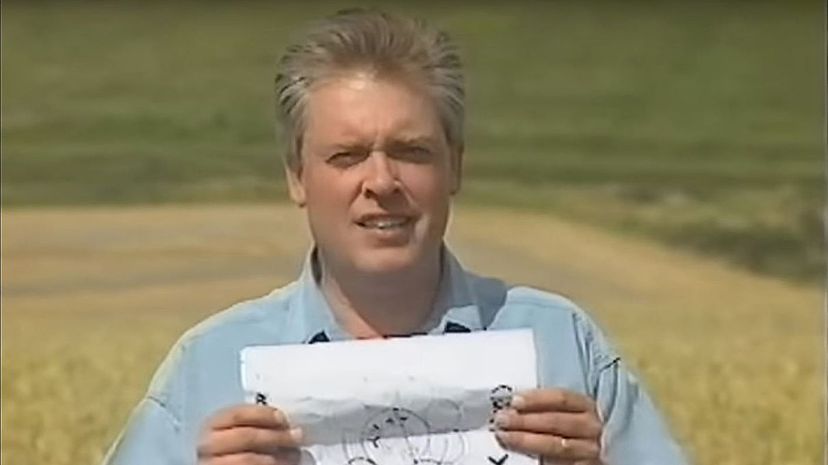
The BBC is often accused of being too London-centric, and "Countryfile" was part of its answer to that accusation, debuting in 1988. Presenters visited a region of the country and explored its culture, food and so on, usually while dressed in a Barbour jacket and a pair of wellies. "Countryfile" runs all year and is still on the air, highlighting beautiful and obscure parts of the country.